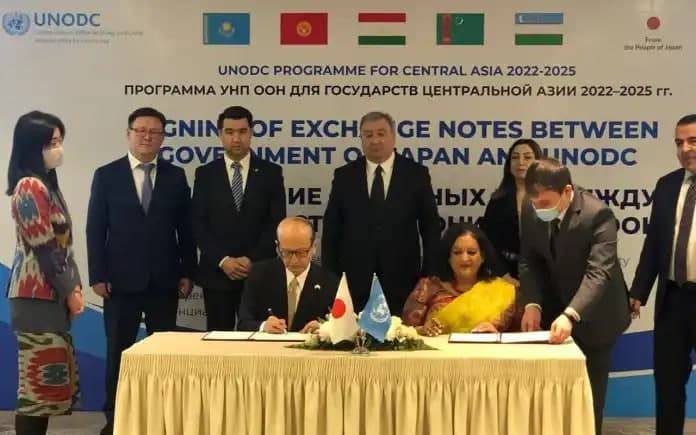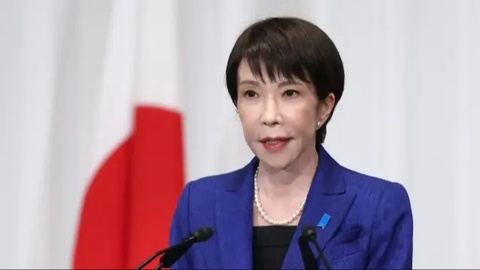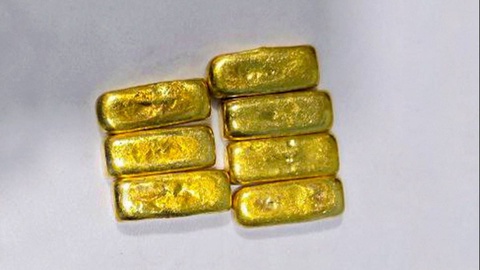Central Asia borders Afghanistan, the world's largest producer of opium poppy, which is the raw material for opium and heroin, and serves as a route for smuggling illegal drugs such as drugs of Afghan origin.
In August last year, it was noted that the Taliban's suppression of Afghanistan could increase the trade in illegal drugs, and their influx into Central Asia could create an even more serious situation. Border control in Central Asian countries is not strong enough, and strengthening its capabilities is an urgent task.
According to the press service of the International Institute of Central Asia, this project provides for the provision of equipment to Central Asian countries - Uzbekistan, Kazakhstan, Kyrgyzstan, Tajikistan and Turkmenistan in order to strengthen the functions of border checkpoints, as well as training of personnel of relevant organizations to improve their skills in the field of drug control.
It is expected that this cooperation will contribute to the stability and socio-economic development of the Central Asian region by strengthening border control, drug control and regional cooperation between the five Central Asian countries.













